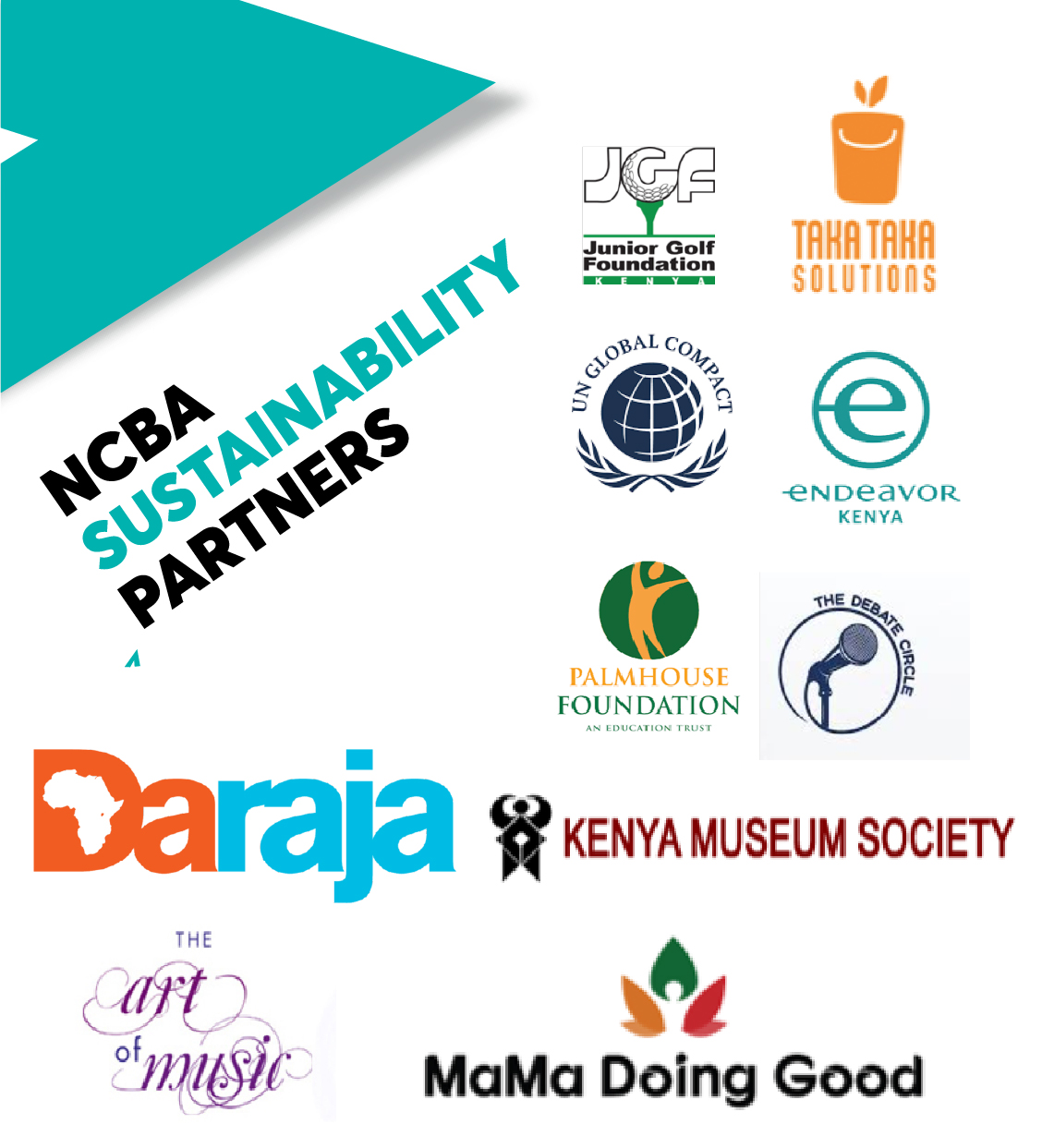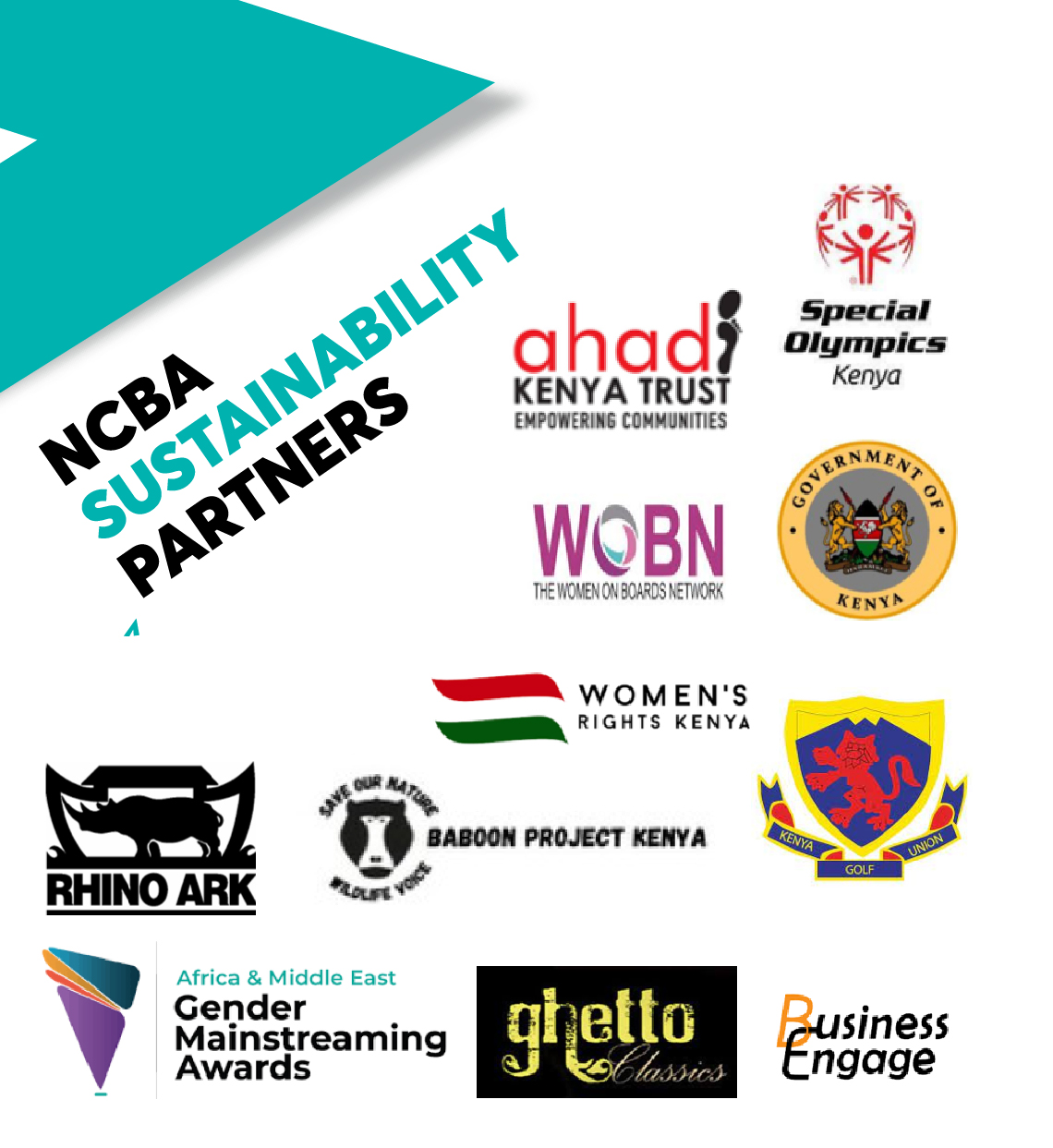Mitigate the Impact of Climate Related Risks to Our Long Term Performance
At NCBA, we appreciate that growing trees to act as our emissions’ carbon sink is not a license to continue emitting carbon unchecked. That is why we have adopted a comprehensive carbon reduction strategy, prioritizing emission reductions across our operations while integrating additional carbon mitigation measures by implementing robust, science-based emissions’ reduction goals.
To track and manage our carbon footprint effectively, we have conducted a baseline assessment using the internationally recognized Greenhouse Gas (GHG) Protocol: A Corporate Accounting and Reporting Standard. This methodology aligns with global benchmarks, including ISO 14064 Part 1, enabling seamless integration with national and international GHG registries.
Through this structured approach, NCBA is driving real progress in reducing carbon emissions, enhancing environmental sustainability, and supporting the transition to a low-carbon economy.
Our Commitments
Complete a Group-wide carbon audit in 2023 & set a >50% reduction target in direct emissions (Scope I & II) by 2030.
>50%
Reduction target in direct emissions (Scope I & II) by 2030.
From 2023, we conducted a Group-wide carbon audit of our Scope 1 and Scope 2 emissions, forming the basis for our carbon reduction targets. In 2025, we will implement quarterly assessments to proactively monitor and address any unexpected increases in emissions, ensuring a swift and effective response.
As part of our decarbonization commitments, we are focusing on renewable energy, the efficient use of energy, water and paper and scaling responsible waste management and disposal.
We will align with the 2015 Paris Agreement and reduce our financed emissions.
2030
To be Africa’s decarbonization front-runners
Financed emissions refer to the carbon footprint associated with a financial institution’s lending and investment activities, specifically the emissions generated by the businesses a bank finances. To reduce our financed emissions and protect our loan portfolio from ESG and climate risks, we are implementing a transition strategy focused on encouraging our clients to adopt sustainable business solutions that de-risk their operations and enhance their competitiveness.
Additionally, we are actively expanding our sustainable finance portfolio by targeting green economy opportunities and offering tailored financial solutions that support sustainability and long-term growth.
We will embed thorough assessments of climate-related risks in our lending, investment, and financing activities.
To enhance the resilience of our loan book, we will continue to conduct Environmental and Social Due Diligence (ESDD) audits for our Category A and B clients. We will also ensure that all Environmental and Social Action Plans (ESAPs) are effectively implemented and closed in compliance with the International Finance Corporation (IFC) and African Development Bank (AfDB) performance standards, among others.
Our Sustainability Partners



